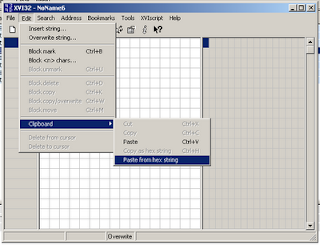I recently spoke to a very good friend of mine, who introduced a concept i found difficult to grasp: the study to money ratio. He more or less justified his academic pursuits on the potential monetary return for the particular field/subject/course. This approach does indeed make alot of sense, particularly in an environment which nurtures the "money making" side of life. Without a doubt, money is important, and more of it implies a more comfortable life, however I am never in agreement whenever someone makes an academic decision based on profitability.
The do what you love vs do what makes money discussion is one i've often made a fuss about
. essentially, everyone has a decision to either do primarily what they love, or to primarily do what makes money.
Recently I was looking at a Harvard CPL video (
http://www.youtube.com/watch?v=y5I_cnpP99U), in which Michael Porter provided some interesting insights on the nature of profitability. Apparently, it has nothing to do which field you decide to compete in. He went on to say what does make a region competitive and profitable is not what it does, but how productive it is. He noted that if a region is highly productive, it is prosperous, and it does not matter what field it competes in. Productivity breeds expertize! if a region produces large amounts of a product, chances are it would have come across and solved alot of problems related to producing that particular product. (a good example is Trinidad carnival, truuust me, the guys in charge know how to organize an event)
I've learned that with some concepts, the macro level can be applied to the micro level. Let's say the macro level in this case is a region as Michael Porter is speaking about it in the video. The micro level might be each individual. He does indeed mention that if your employees are highly productive, and provide greater value on the dollar, you can obviously afford to pay them better. going just a little further, it only makes sense that if you spend every day of your life knitting sweaters, after 10 years you'll be one hell of a skilled sweater knitter. but what kind of nut would spend 10 years knitting sweaters?? the nut that likes it! that particular nut will have to have some deep passion for knitting sweaters that allows them to do so continuously for this length of time. very few other persons will be as good as they are when it comes to knitting sweaters, and they would have a high-quality product which is hard to reproduce, meaning they can sell their sweater for big $$ (if they wanted to)
so let's re-examine what we know so far, being profitable is directly linked to being productive, regardless of the field; if you're going to be very productive in a particular field, it helps if you have some passion for the field.
In summary, do what you love, and profit will follow. :-)



